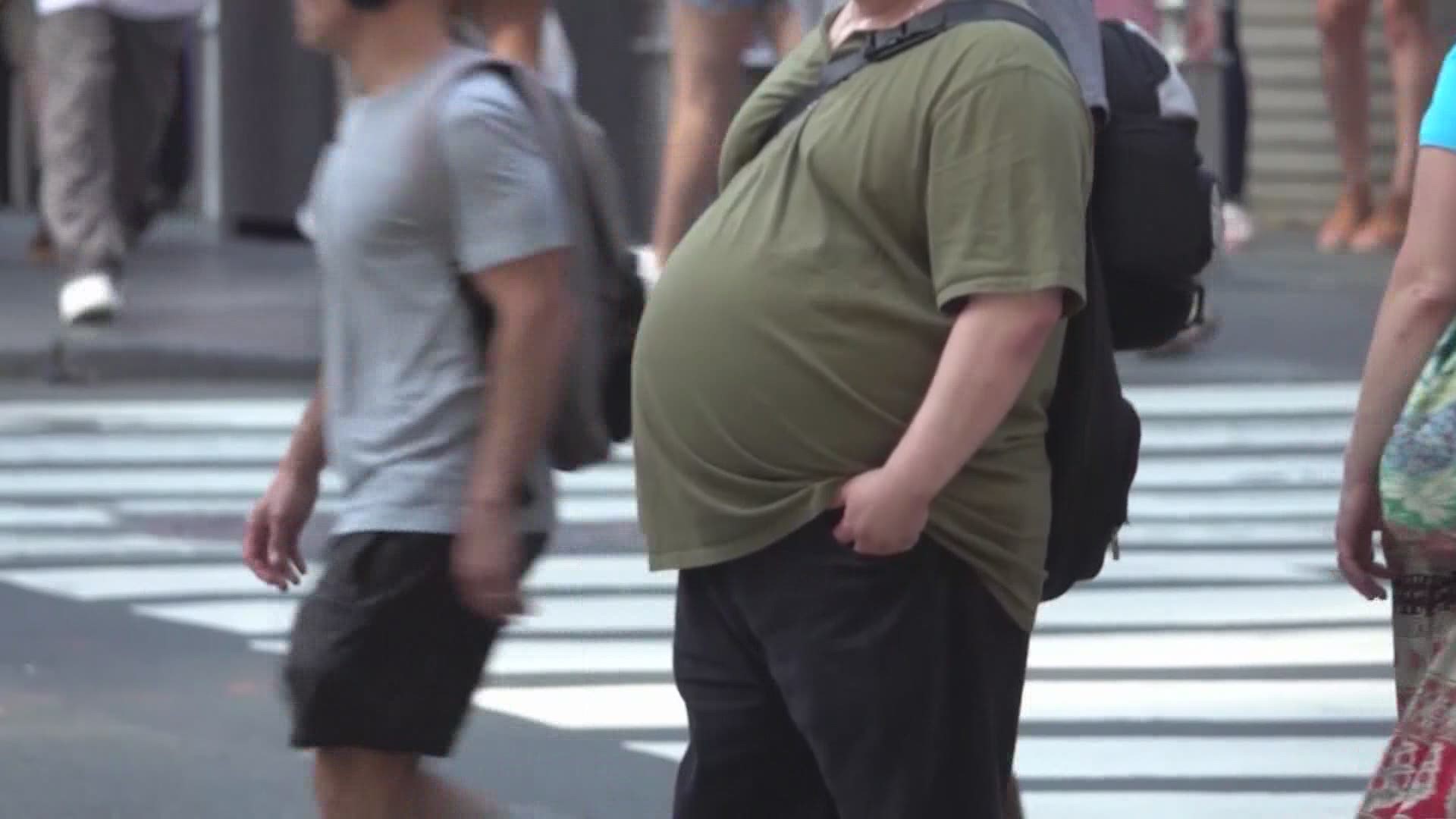NEW ORLEANS — More Louisianans are going to be able to get the COVID-19 vaccine, including those considered obese or overweight. The new qualifications are part of a long list of health issues that experts say make people more susceptible to the virus. Determining if you are either obese or overweight has to do with body mass index or BMI.
“It’s basically a ratio of height and weight,” said Dr. Benjamin Springgate, LSU Health Chief of Community and Population Medicine.
Obesity is defined as having a BMI over 30. Overweight is having a BMI between 25 and 29.9. For example, if you are 5 feet, 9 inches tall and you weigh 200 pounds; your BMI would be 29.53. That means you’d qualify for the vaccine.
A 2019 survey from Trust America’s Health showed 70 percent of all adults in Louisiana were either obese or overweight. Research shows people who fall into these categories are more likely to end up in the hospital or die from COVID-19 but is BMI really accurate?
“BMI is readily available through two relatively easy means, weight and height and while people who are super muscular, for example, may have a high BMI and not be obese, according to the traditional metric, most of the time it’s fairly accurate,” said Dr. Springgate.
With more people becoming eligible for the vaccine, we asked Dr. Springgate if he anticipates any supply problems.
"If everyone shows up tomorrow...yes there will be some supply problems,” said Dr. Springgate. “But over the coming weeks, we will probably continue to see ample supply rolling out and people will be able to get their vaccine.”
President Joe Biden has said there will be a dose for every single American adult who wants one by the end of May.

